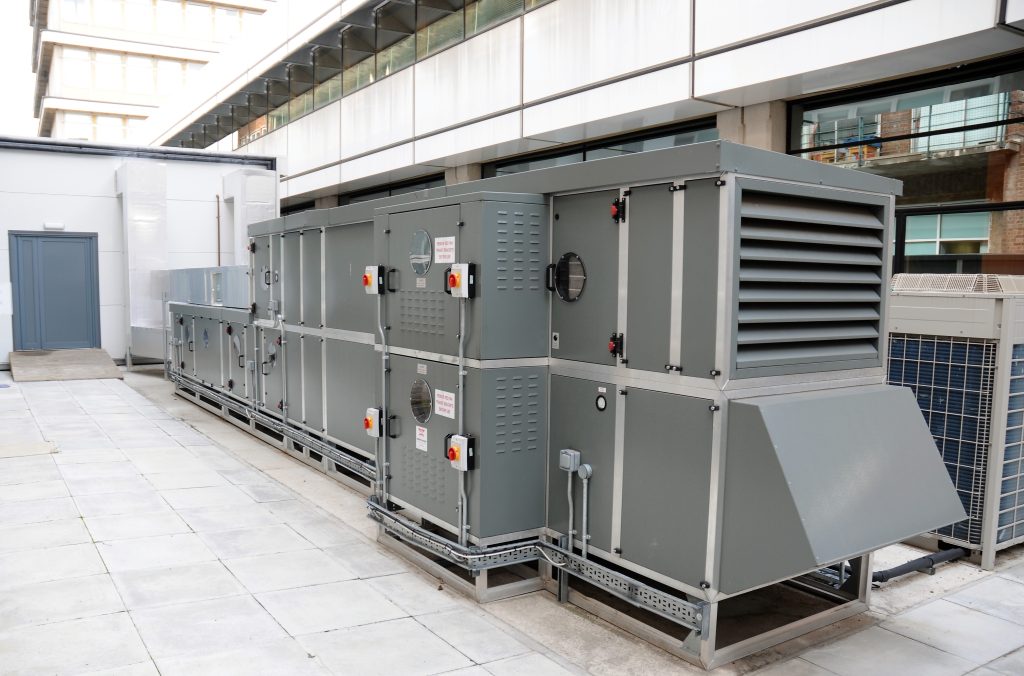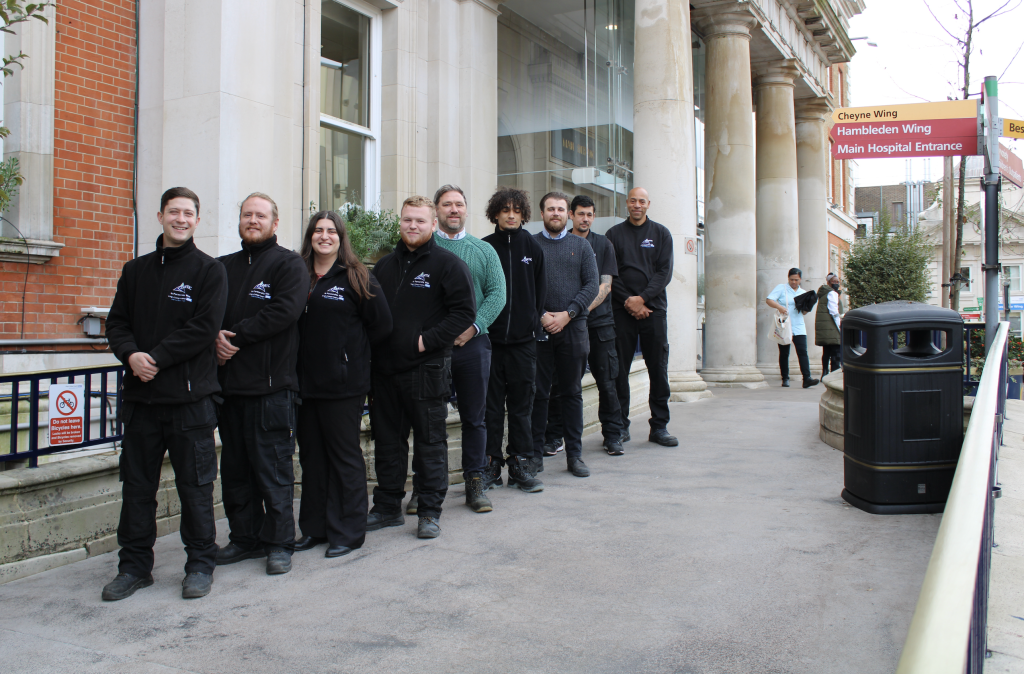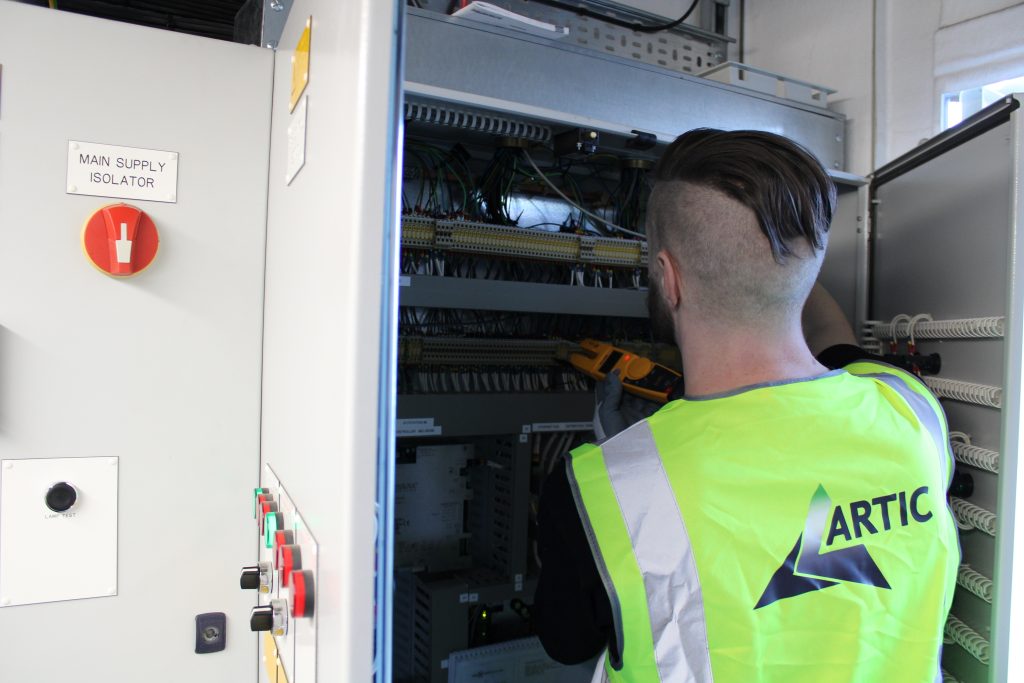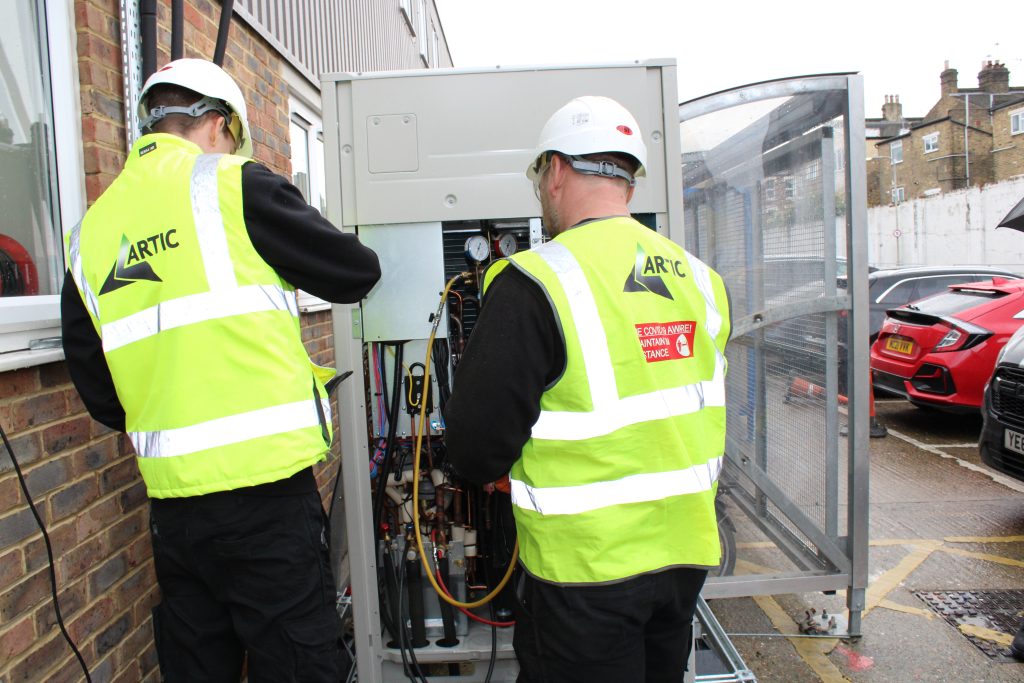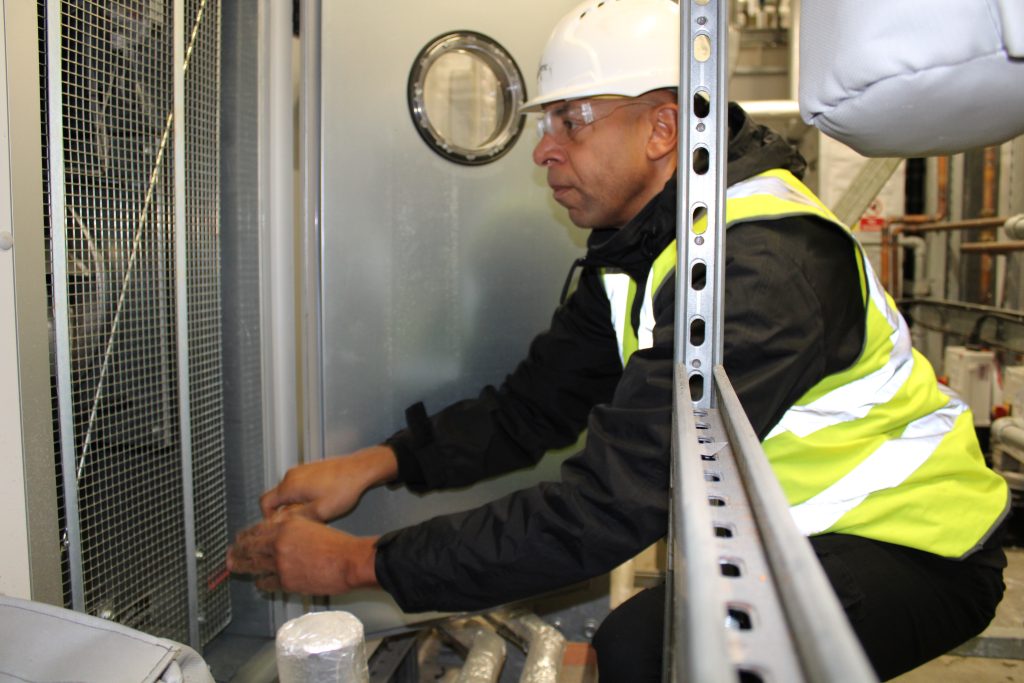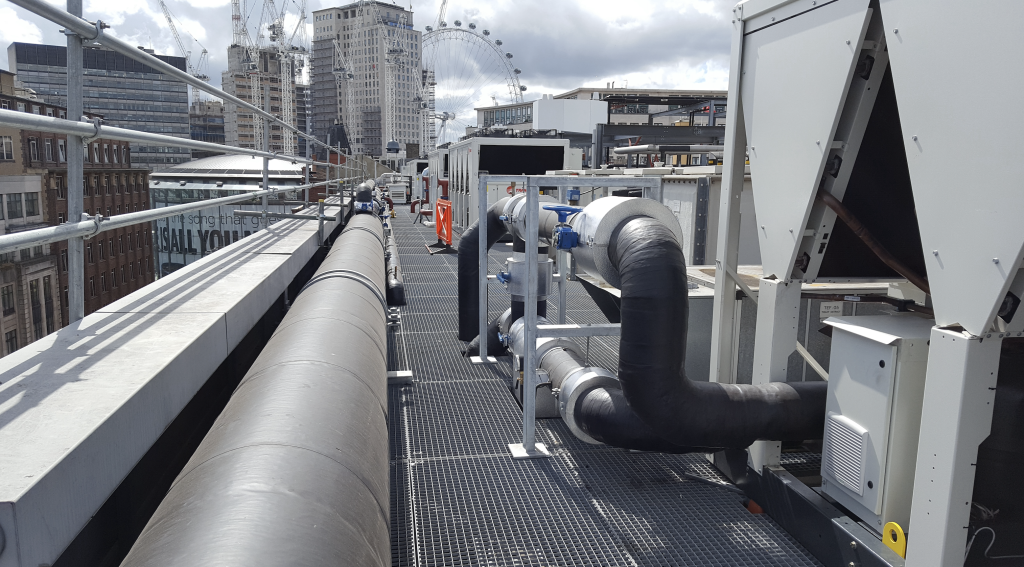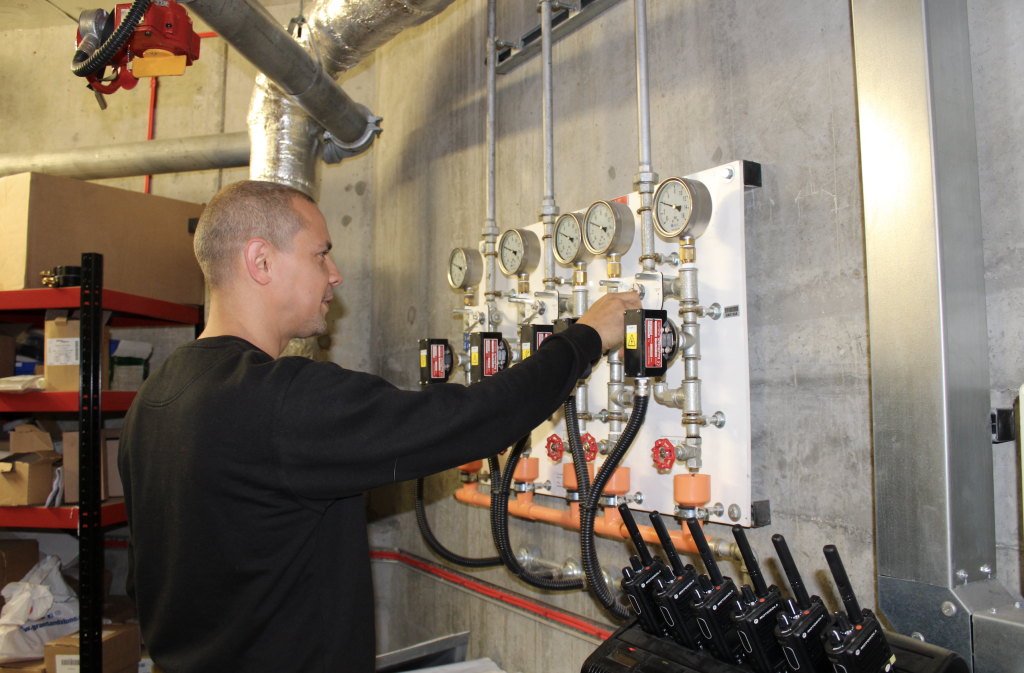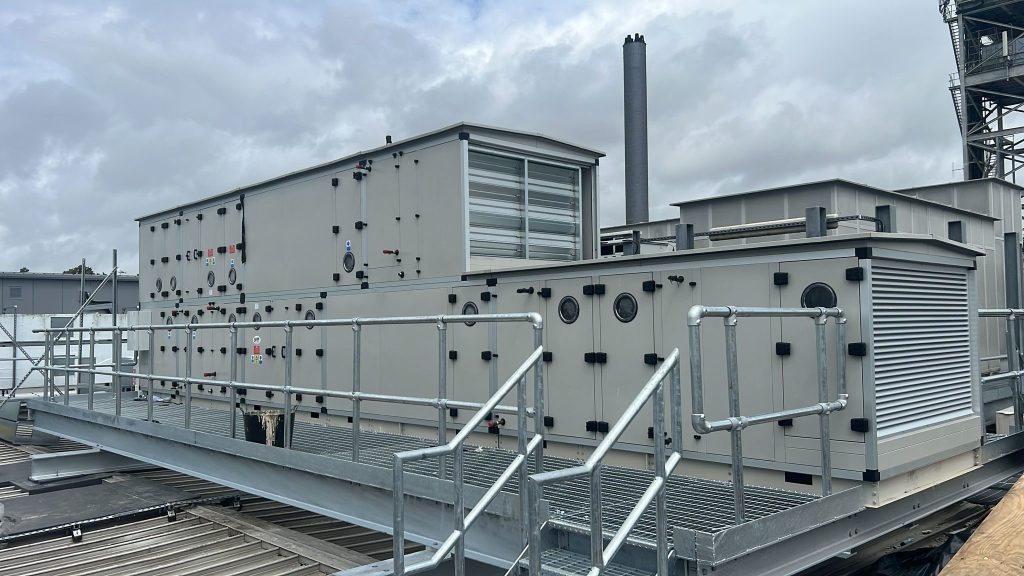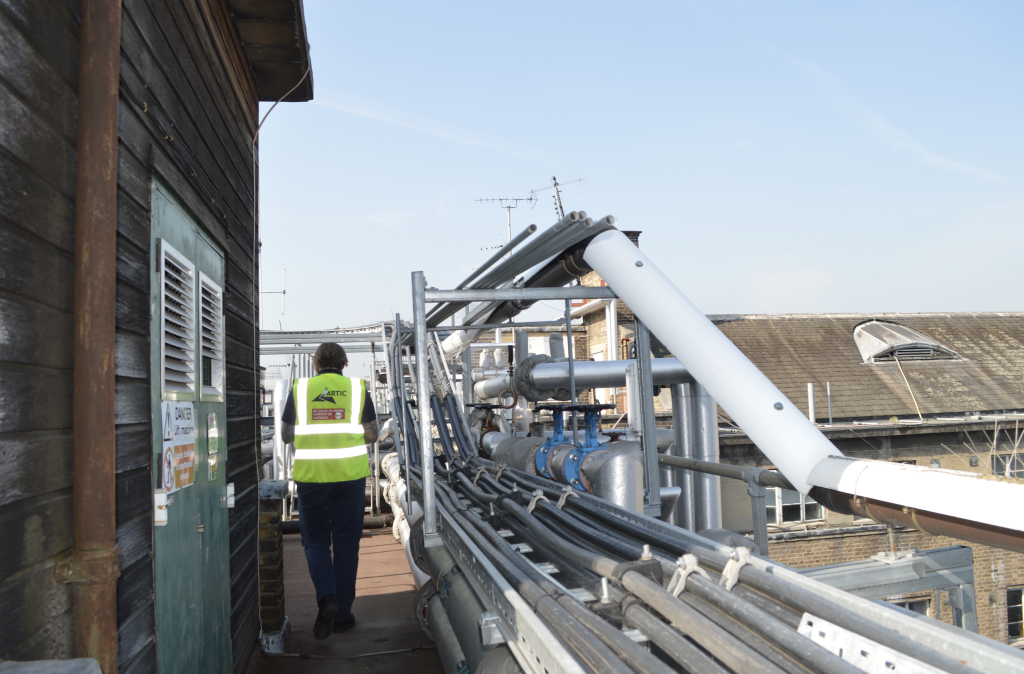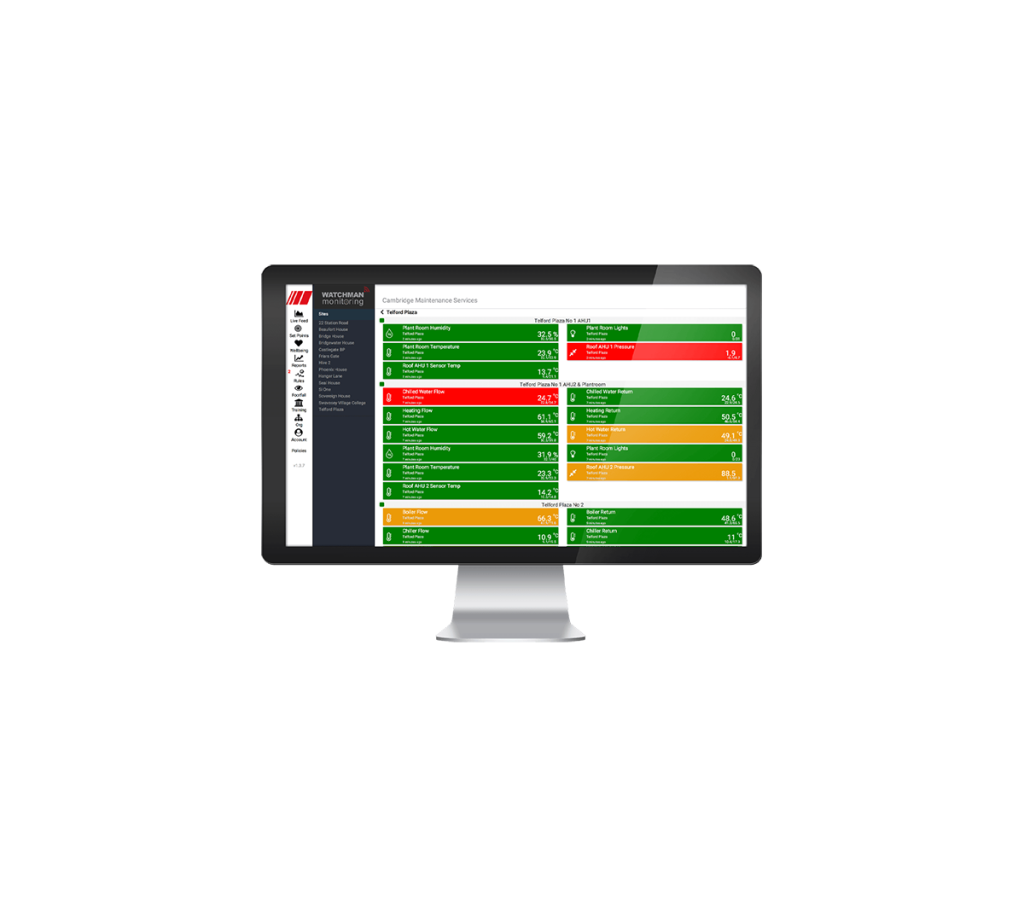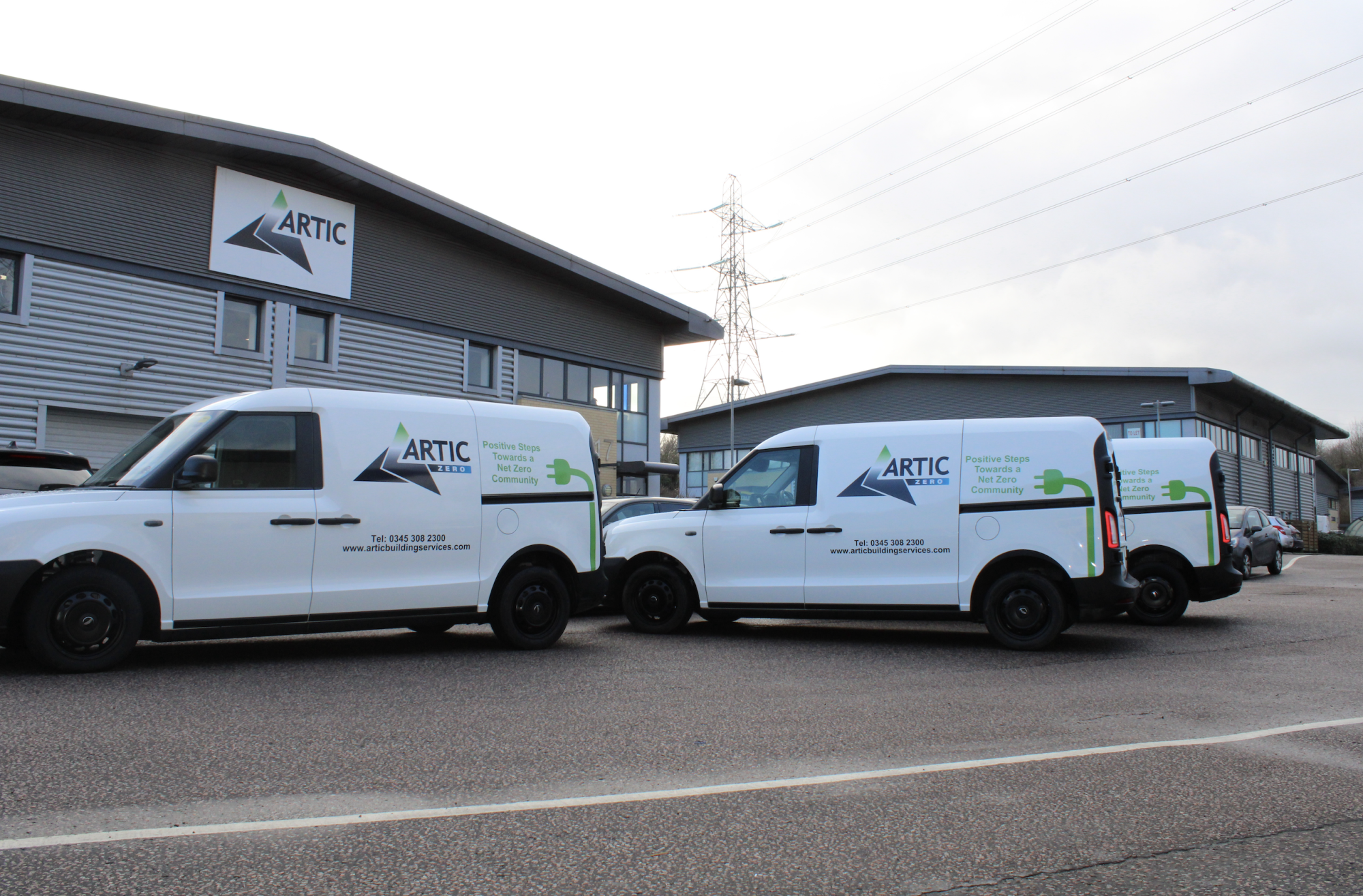
In the pursuit of a sustainable future, Artic is blazing a trail towards net zero. Through a comprehensive set of actions and a passionate commitment to change, we are driving positive environmental impact every step of the way. Today, we want to share our achievements and plans, showcasing the remarkable progress we’ve made on our journey to net zero during Net Zero Week.
Complete Milestones:
Artic understands the importance of net zero as the world’s answer to battling climate change. Our journey began by creating the Artic Zero team, a dedicated group of individuals committed to making a difference. We are proud to announce that we are about to submit our data for the third year of Planet Mark certification, aligning our efforts with national and global net zero initiatives.
To reduce our carbon footprint, we have already introduced full electric vans to our fleet and installed three electric charging ports at our head office. These measures signify our commitment to clean transportation solutions. Furthermore, we actively encourage the use of public transport among our employees, promoting sustainable commuting habits and reducing emissions.
Awareness and education play a vital role in our net zero journey. We have conducted regular awareness days, including celebrations of World Water Day and Rainforest Day, to communicate the importance of environmental conservation to our entire staff. Additionally, energy awareness training has been provided to all employees, ensuring that sustainability is at the forefront of their minds.
In collaboration with Lexica, we engage in fortnightly discussions, leveraging their expertise to guide us on our net zero journey. This partnership allows us to measure and address our Scope 3 emissions and client emissions, ensuring comprehensive carbon reduction strategies. We also actively participate in Planet Mark’s initiatives, leveraging their support for social value reporting and measurement.
As part of our commitment to operational efficiency, we have implemented a range of measures. For example, we have embraced web-based platforms for meetings, minimising unnecessary travel and reducing our carbon footprint. Additionally, the roll-out of a new CAFM system in June 2023 aids us in reducing paper usage, contributing to our net zero goals.
Additionally, with every contract secured, Artic plants trees as part of our commitment to restoring and preserving our natural ecosystems, further offsetting carbon emissions and contributing to a greener planet.
Future Initiatives:
Looking ahead, Artic is determined to accelerate its net zero efforts. We are currently engaged in discussions to procure more electric vans for our fleet, demonstrating our commitment to sustainable transportation. To encourage employees to embrace greener commuting options, we are expanding our cycle-to-work scheme, promoting healthier lifestyles while reducing emissions.
In November 2023, we eagerly anticipate attending the Planet Mark awards, further solidifying our position as a sustainability leader. We recognise the significance of these industry recognitions in inspiring others to join the net zero movement.
Taking inspiration from the government’s Ten Point Plan for a Green Industrial Revolution, Artic is committed to exploring innovative solutions and contributing to the transition to a net zero society. By collaborating with our suppliers, we strive to improve their emissions and foster a sustainable supply chain. Additionally, we are actively seeking to procure more sustainable clothing and personal protective equipment (PPE) while supporting local suppliers whenever possible.
Conclusion:
Artic’s journey to net zero is driven by our unwavering commitment to create a sustainable future. As Net Zero Week highlights the importance of tackling emissions and stopping global warming, we are proud to share our achievements and plans. Together, let us embrace the challenge of net zero, taking decisive actions that benefit our environment, communities, and future generations.
